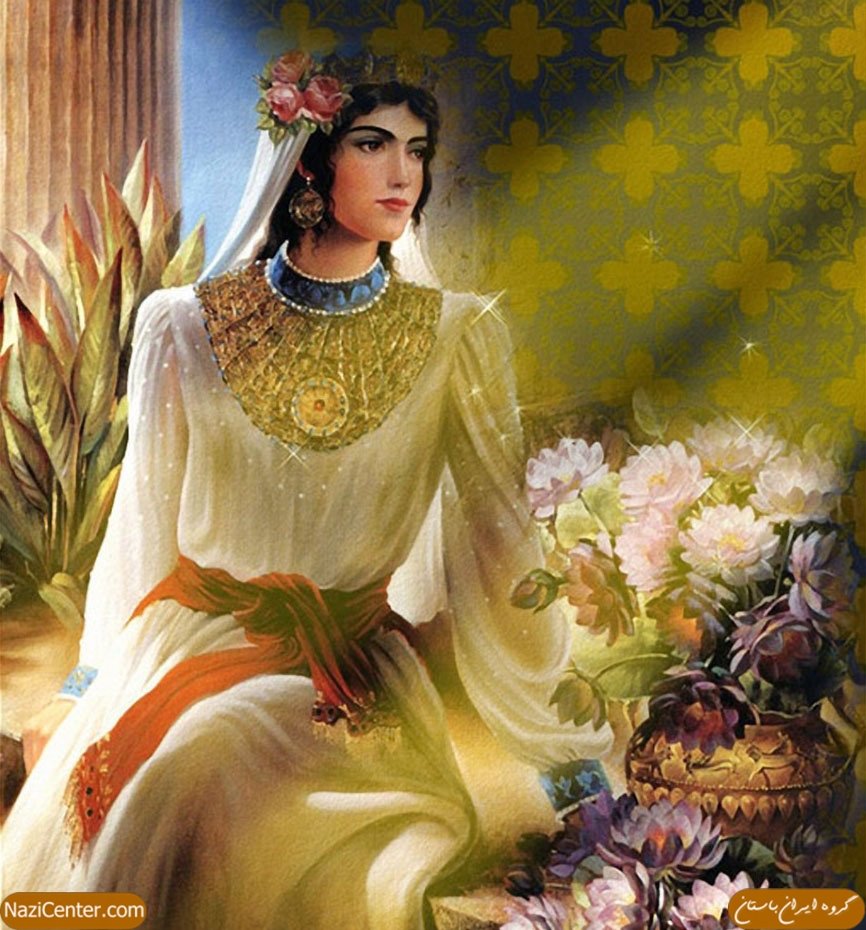Fertile earth, fruitful mothers valued in ancient Iran

Fertility is the character of both women and the earth.
Love and devotion of mothers was illustrated with its fertility and fruitfulness in ancient Iran.
Since seeds grow in women and on earth, they both are symbols of birth and creation. The qualities of earth such as love, piety, generosity, purity, and birth are undoubtedly hidden in women and mothers.
Esfandgan, or Sepandarmazdgan, is an ancient Iranian celebration devoted to women and mothers. According to ancient Iranian calendar it is celebrated on Sepandarmazd Day in the month of Esfand, the last month of the Iranian calendar.
In ancient Iran, the dignity of women and mothers was commemorated on the 59th day of winter under the name Esfandgan, the celebration of lovers.
Esfandgan falls on February 18.
Esfand or Sepandarmazd (ancient pronunciation) means the mother of creation, love, piety or holy perfect-thinking and it is one of the qualities of God.
The earth is the worldly symbol of Esfand and it is the source of life, birth, piety and purity.
In ancient Iran, Izads were symbols of the qualities of God, and each day of a month was named after an Izad.
Esfandgan is a celebration for honoring the dignity of Izad Sepandarmazd whose materialistic symbols are women and the earth.
According to the ancient Iranian calendar, every day of the month had a name -- instead of a number. Currently, in Iranian calendar, each month has a name which is the name of one of the ancient Iranian Izads.
The last month of Iranian calendar, Esfand, means the mother of creation or holy perfect-thinking and it is one of the qualities of God.
Abooreyhan Birooni (937-1408), in his book Asarolbaghiye, explains about Esfandgan as a celebration to value honest, pious and husband-lover women. He introduces Esfandgan as the celebration of women or women’s day in which men granted presents to their wives.
It is mentioned at Asarolbaghiye, that on Esfandgan, men presented women gifts and it is also mentioned that on this day people tried to make the earth clean or cultivate a plant.
Currently, Esfandgan is celebrated in different parts of Iran with different ceremonies. In the village of Afoos, Isfahan Province, “Golbahar” a similar celebration is held at the beginning of spring and on this day all men leave the village during the day and women take all responsibilities. At the end of the day, when men return home, they present their wives a gift.
Similar celebration is held in Javaherdeh village, northern Iran, which is like a harvesting festival and at the end of the day husbands give presents to their wives.
NM/MQ/MG
Leave a Comment